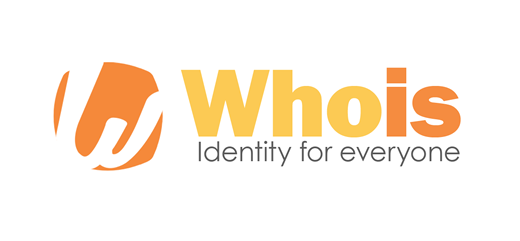Whenever you register a domain name, details such as your name and address and the date of registration are held by an organisation called ICANN. If someone wants to determine who owns a website, they conduct a WHOIS search which will tell them. For privacy reasons many web owners hide these details, but this raises the question as to whether this will negatively impact on your SEO rankings?
To address this, we need to understand what Google’s entire ranking algorithm is designed to achieve. Google can only survive if web users continue to use it as a search engine. This means that the results which Google presents for any given search term need to be relevant and show websites that the user would be happy to visit.
The degree to which Google establishes whether any single website is worthy of showing up in its results is established by taking multiple factors in to consideration. For each of these, Google’s algorithms then apply a score to that site based on what it considers to be a positive or negative indicator.
When it comes to your WHOIS details there may be many valid reasons why you would want to keep your details private. It could be that you want to avoid your employer discovering that you are running a website. Another might be to avoid strangers knowing your home address. Whilst these are perfectly reasonable, unfortunately, Google knows private WHOIS registration is something that potential spammers use, and this is where it could impact your ranking.
If you just have one or two websites, and everything you have done with those websites meets Google’s criteria, deciding to switch on WHOIS privacy, should not suddenly see your website’s rankings plummet.
Bear in mind, Google is looking at multiple elements, so where WHOIS privacy might alert Google to something being amiss, would be if there were several other red flags in relation to your website. These could include only registering the domain for a year, or having multiple domains, all linking to each other on the same hosting account.
Another time that Google may be more interested in your WHOIS information is if you change hosting companies, and did not transfer over previously public WHOIS information, but instead made it private. Although this is perfectly legitimate, if there are other factors such as increased downtime, or you have no valid SSL certificate, then Google becomes suspicious and could knock your ranking down.
Once again, it is important to note that private WHOIS is one of many elements relating to your domain name and website which all contribute to how legitimate Google regards them. If 99% of them are positive, and the only negative is a private WHOIS, then the impact is negligible.
Having said that, there are reasons other than SEO why you might want to keep your WHOIS public. Visitors to websites will often look up the WHOIS information to check the legitimacy of it, in much the same way Google would. They are going to be more likely to do business with a website if they can see a real name and address, than one which has a PO Box in Panama, for example.
WHOIS information being public also allows potential customers and clients to contact you. Depending on the type of business you are running, this could make a huge difference to the number of people which then subsequently decide to do business with you. This is especially true if your target audience is local to you, and they can see that are local too, based on the address that you have in your WHOIS details.






